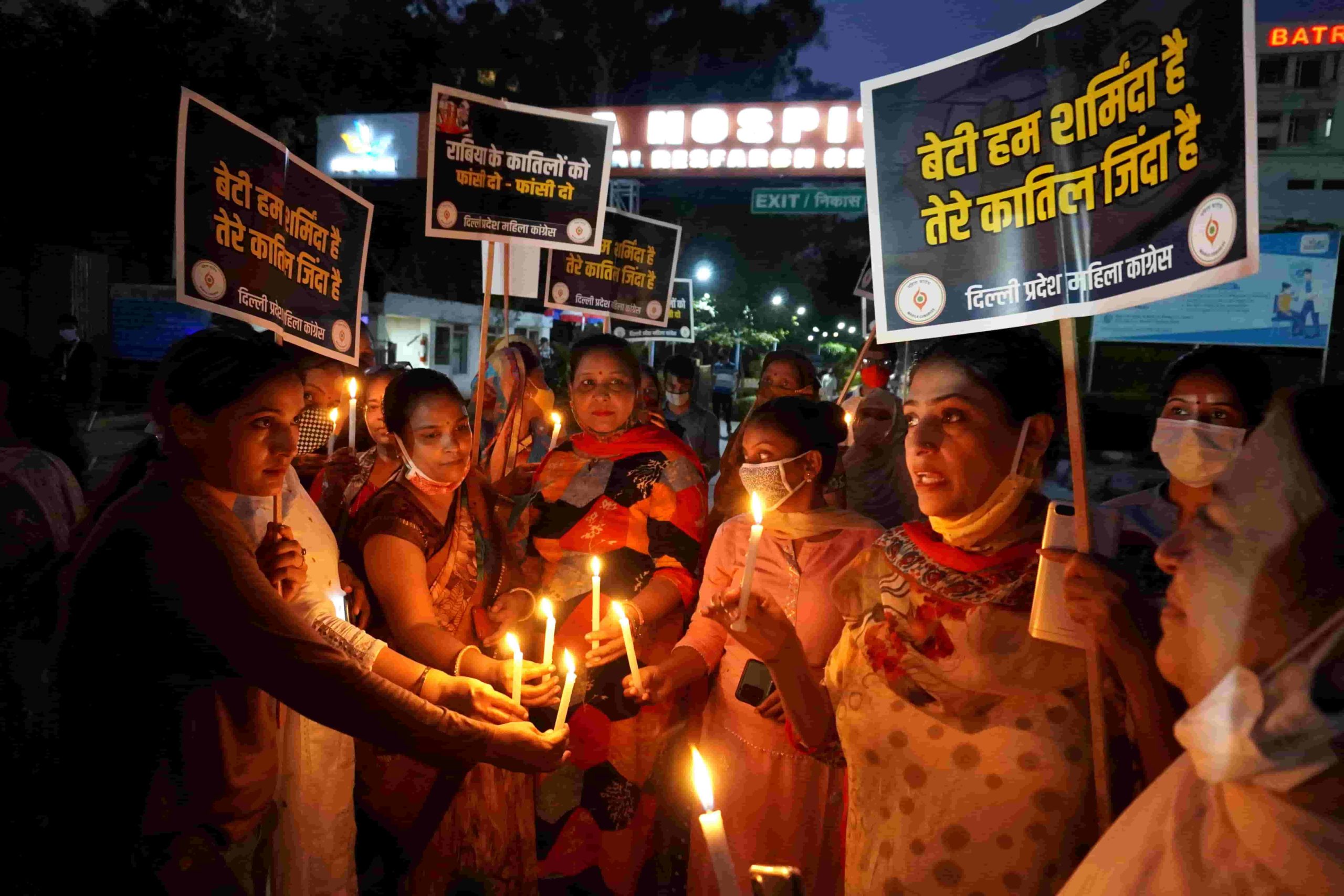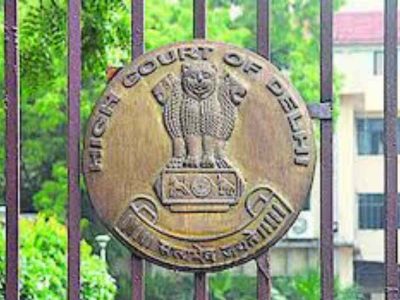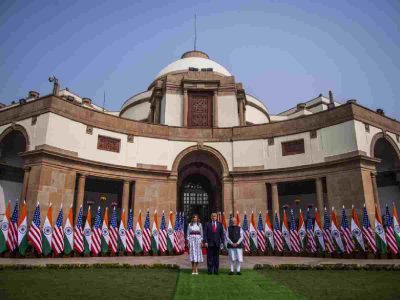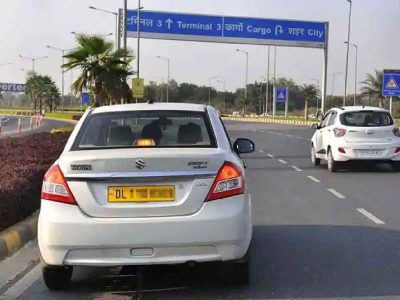The District Magistrate says no complaints of harassment have reached him. Volunteers safe in premises, outside, out of his control
The brutal murder of a Delhi civil defence volunteer has several questions, including the question of security of volunteers and the safety mechanism in place for them. The 21-year-old victim was working under Delhi’s South-East District Magistrate, and the man who confessed to killing her was her colleague from the same district.
The DM of South East, Vishwendra, told Patriot that the victim had joined in June this year and the accused the month after. While they worked for the same DM they were performing different duties, the victim worked in the enforcement drive of Covid-19 rules, in Defence Colony, while the accused worked for ration distribution at Kalkaji.
Since the outbreak of the pandemic, civil defence volunteers have been seen taking on many crucial roles, be it manning containment zones, even Covid hospitals, to distribution of ration, watching over vaccination centres, testing centres and taking the task of Covid rule enforcement.
According to the Ministry of Home Affairs, Delhi has a total sanctioned strength of 2,37,938 for Civil defence volunteers, but has a raised strength of 55,336. The document shows a total strength of 1,295 in the South East district.
Patriot was informed that only five days of training in fire, rescue, first – aid and disaster management is given but even this was stopped with the onslaught of Covid this year in April.
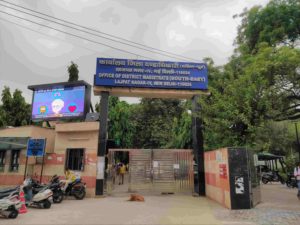
The DM tells us that he has called many volunteers as the need grew with the Covid starting to peak in April this year. “I have to give it to the volunteers. It has been a very effective force in containing the disease.” But, on the question of whether there could have been safety issues flagged by the victim or any other women earlier he says, “there have been no complaints that have reached me”, going on to say “I have institutionalised the fact that a slight deviation from duty, and you’ll lose your job”.
He went on to show us the CCTV cameras installed in the office premises, “I check all the CCTV cameras thrice a day”, and that women were equally represented. But while inside the premises women were safe, he said he could not ensure their safety outside it. He also asked what he could do if someone felt unsafe outside the premises, if the solution was to attach a constable with every female volunteer who felt unsafe, he asked. He then went on to say that the sense of security was a perception “and I cannot control perception. If a girl is feeling unsafe, she should come to me and tell me that she isn’t feeling safe.”
A young civil defence volunteer from this district we spoke with said the incident had led to serious concern for her own safety. “I didn’t know her (the victim), but hearing about it made me feel afraid. I just do my work and leave. I don’t interact with people much; you don’t know who you can trust. Some are not nice here.”
She went on to tell us that her family asked her to quit after the incident came to light, “For me it’s about getting some work experience and that’s what I’m doing. But such an incident makes one scared. Even years ago, when that bus incident happened. It scares me to think”, she tells us in hushed whispers, invoking in our conversation the memories of the Delhi gang rape of December 2012. This had drawn countrywide outrage at the inhumane brutality at which a woman was raped and mutilated, from which she later succumbed.
That event set the conversation straight on to the issue of safety of women and girls in the capital city of India. But the fact remains that numbers show that women are always under some threat, be it at home, outside on the street or at the workplace. The last point which also led to the formation of the Vishaka guidelines under the order of the Supreme court of India. Under these rules, a complaint redressal committee needs to be constituted, where complaints of sexual harassment at workplaces can be made. This committee must make an annual report to the Government department concerned of the complaints and action taken by them.
The DM did not have any information on just how many complaints had reached the committee which is headed by a Chairperson, Sushma Ramaswami. We tried to get some responses but have been told it would be answered only on September 14 when the committee will be meeting.
Other members have declined to comment, with one only going on to say that the committee has been unable to meet for some time due to Covid.
An official of the civil defence refused to comment on the complaint redressal policies, and regarding safety only said “They (the volunteers) have to commute on their own, no vehicle is provided to them.”
Whether the woman faced any harassment from the accused, namely Mohammad Nizammudin (25), or anyone else is not known. While the police are conducting an investigation from all angles, the parents are alleging their daughter was raped, which the post mortem report does not mention. Next, Nizamuddin who surrendered himself for killing the woman, claims to have married her in June, according to a report in the Indian express, unbeknownst to the family.
Quoting DCP (Southeast) RP Meena, the daily reported that the man met the victim in Lajpat Nagar on 26 August, and the two rode towards Surajkund. The two had an argument and in a fit of rage he killed her. The post mortem report speaks of 15 injuries on her body, the DM pointed out, the 21-year-old died of “shock and haemorrhage”.
On 27 August, he walked into Kalindi Kunj police station and confessed to the murder.
The family has demanded a CBI probe. The young woman went missing on 26 August, after making a phone call to the family between 7:30 and 8:00 pm, the family missed her call and when they called her back 15 minutes later, her phone was switched off.
The family also said she would usually return between 6-8pm. That day, the DM says, she left the office premises at 5:56pm.
The incident has engendered a social media campaign demanding Justice for the 21-year- old civil defence volunteer. Hashtags like #sabiyasaifi #justiceforsabiyasaifi are trending across social media platforms and people are demanding justice for the girl and punishment for the accused. People are also blaming the media for deliberately ignoring this case and organising candle light marches to raise awareness.
(Cover: The young woman had been working as a civil defence volunteer since June this year, deployed in enforcement drives of Covid-19 protocols.)

